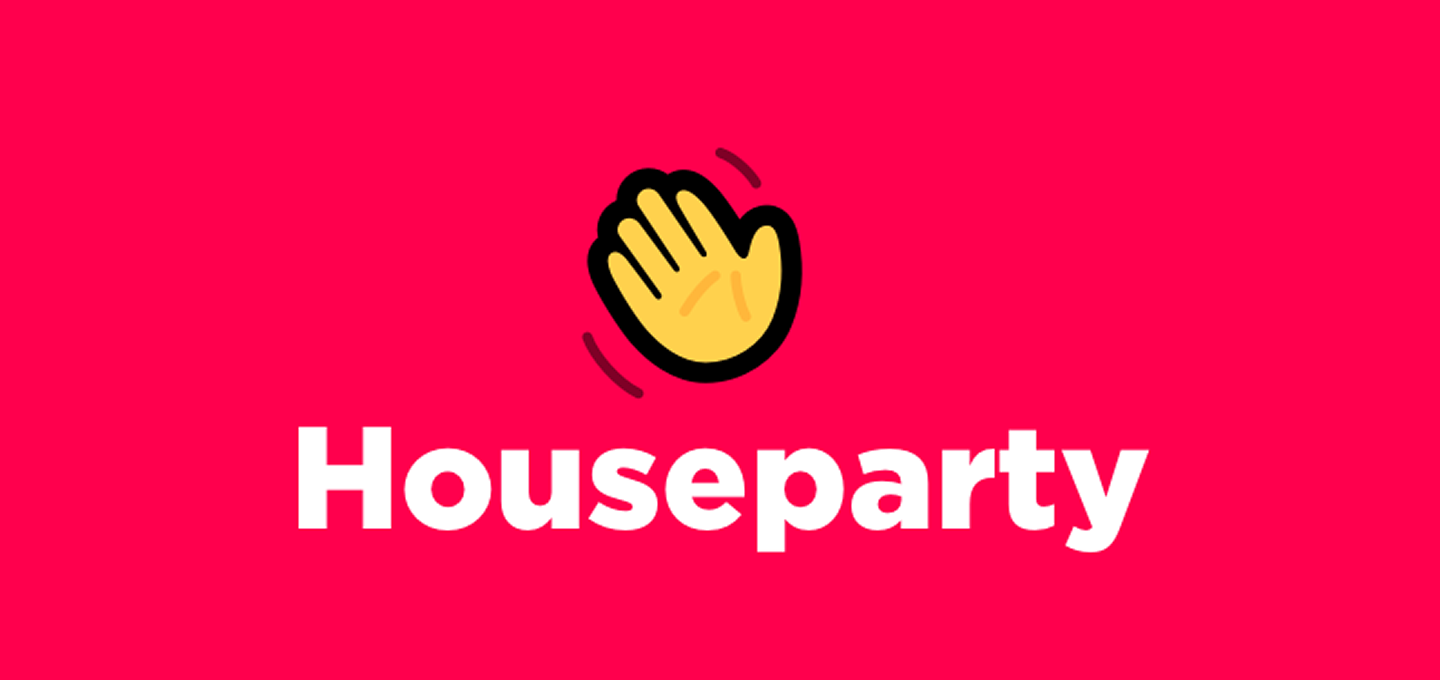The net is ablaze with the latest scandal about a steaming hot app. On march 31st, the official Twitter account of Houseparty, a video chat and game app that is all the craze among the new quarantined masses, published a dramatic post: “We are investigating indications that the recent hacking rumours were spread by a paid commercial smear campaign to harm Houseparty. We are offering a $1,000,000 bounty for the first individual to provide proof of such a campaign”. Wow! Can you really win a million-dollar reward only by finding proof of malicious gossip against a mobile app? At first glance it sounds easier than winning on bet-ny.com, but it is actually a little more complicated than that. Apparently, commercial wars are beginning around applications that are unexpectedly turning into blockbusters in a matter of days.What’s the story behind the Houseparty “smear campaign”?
Houseparty has actually been around for more than three years, but for some reason it has hit a nerve in March 2020, with a large portion of urban populations in the world having to adapt to life in lockdown. The downloads of the app from Google Play literally shot through the roof, from 24,795 per day on February 15th to 651,694 on March 25th, and a total well over 10 million now. Olivia Singer, the executive fashion news editor of British Vogue, undoubtedly contributed to the popularity of House Party when she dubbed it “the quarantine app you need to download immediately”, in an enthousiastic opinion piece that the Art & Style section published on March 19th.
Houseparty is the brainchild of Sima Sistani and Ben Rubin, who first released it in February 2016 In less than a year the app had grown to over 1 million daily active users. Originally it was popular with Generation Z, with 60% of its fan base under the age of 24, and celebs Hailey like Baldwin and NBA star Chandler Parsons among its users. According to Sistani, young people were beginning to get tired of the endless ego and visibility trip that reigns on most social networks: “We realized that many people just want to find new and more authentic ways to connect with the people they love.”
So what they built was a simple living room, a video chat for eight people at a time maximum, plain vanilla and no stress. “People are sitting back and relaxing with their friends, both literally and figuratively. There’s no calling or making demands on other people’s time; you just open the app when you want to hang, and your friends who are available will join you.” Relaxing is clearly what people need in a moment when they are frightened and bewildered, which could explain the explosion of popularity of Houseparty as cities and whole countries started to confine their populations at home.
Has this unexpected success aroused the envy of a disloyal competitor? Epic Games, the current owners of Houseparty, are suggesting just this when they mention a “commercial paid smear campaign”. Rumours have been circulating for some days about Netflix, PayPal and Spotify accounts being hacked, and the blame laid on Houseparty. While the online debate on the safety of the app is picking up on the internet, discussing the pros and cons of its permissions from a technical point of view, Epic Games has chosen a muscular counter-attack.
They now have 10 million potential “bounty hunters” among their users. If there really is a malicious slanderer out there, we will probably get to know it very soon.

